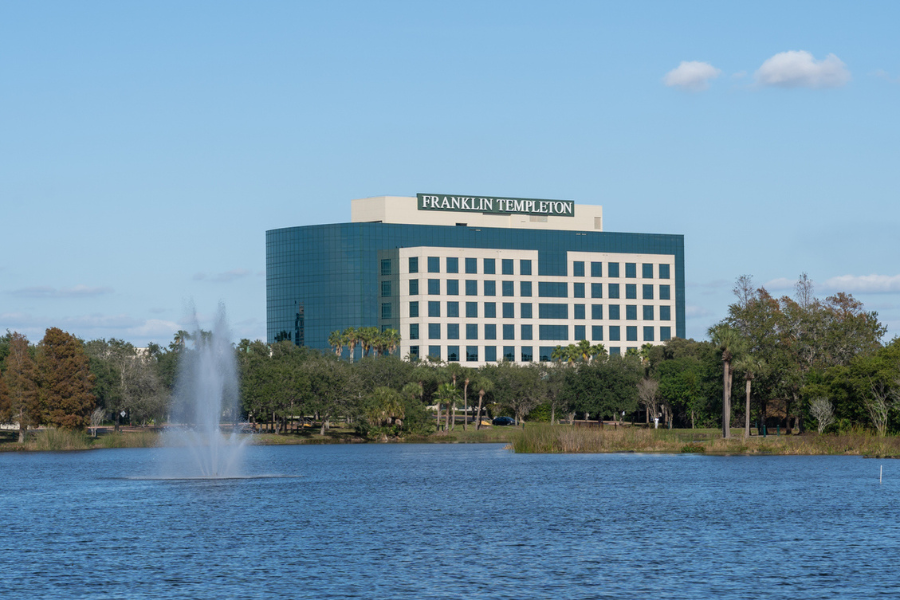

The downbeat tone of the start of 2024 has been replaced with an altogether cheerier tune, according to a new report from Franklin Templeton.
The firm has followed up its inaugural Global Investment Management Survey in January with refreshed views from 250 of its investment professionals, encompassing public and private equity, public and private debt, real estate, digital assets, hedge funds and secondary private market investments.
The latest poll shows expectation for U.S. GDP to reach 2.6% on average for 2024 compared to the 1.6% average reported in January. Respondents see unemployment ticking higher to 4.1% (4.0% in January) with inflation at 2.9% and the federal funds interest rate to end the year between 4.75% and 5.25%.
“When we first conducted this survey in January, we said a global recession should be avoided,” said Stephen Dover, chief market strategist and head of the Franklin Templeton Institute. “Today’s economy is better than it was at the beginning of the year. In fact, we’re now expecting just one or two interest rate cuts from the U.S. Federal Reserve rather than the four we’d predicted six months ago.”
However, U.S. earnings are expected to be disappointing at 7.4% compared to the FactSet consensus prediction of 10.4% and while the S&P 500 is expected to reach 5200, most respondents are bracing for greater volatility.
Another change from the start of the year is the preference for growth and large cap stocks rather than small cap, with technology, industrials, energy, health care and financials in favor.
Nearly two-thirds of respondents expect the 10-year U.S. Treasury rate to be between 4.00% and 4.50% at the end of 2024. The reading at the end of May was 4.61%.
Respondents expect the economy in Europe to improve with GDP expected to grow 1.2 on average, compared to the 0.6% they were expecting in January. China is expected to see 3-5% GDP growth.
Equity markets in India, Japan (in particular), and China are expected to outperform the U.S. market, while developed market stocks are favored rather than emerging market stocks, with the exception of India which is gaining from economic transformation.
“It’s certainly good news that the economy and corporate earnings have been stronger than expected in the first half of this year,” Dover added. “The downside is that we believe there’s no more upside for the S&P 500 Index now. In other words, the stock market is expensive.”

Canadian stocks are on a roll in 2025 as the country prepares to name a new Prime Minister.

Two C-level leaders reveal the new time-saving tools they've implemented and what advisors are doing with their newly freed-up hours.

The RIA led by Merrill Lynch veteran John Thiel is helping its advisors take part in the growing trend toward fee-based annuities.

Driven by robust transaction activity amid market turbulence and increased focus on billion-dollar plus targets, Echelon Partners expects another all-time high in 2025.

The looming threat of federal funding cuts to state and local governments has lawmakers weighing a levy that was phased out in 1981.
RIAs face rising regulatory pressure in 2025. Forward-looking firms are responding with embedded technology, not more paperwork.
As inheritances are set to reshape client portfolios and next-gen heirs demand digital-first experiences, firms are retooling their wealth tech stacks and succession models in real time.
